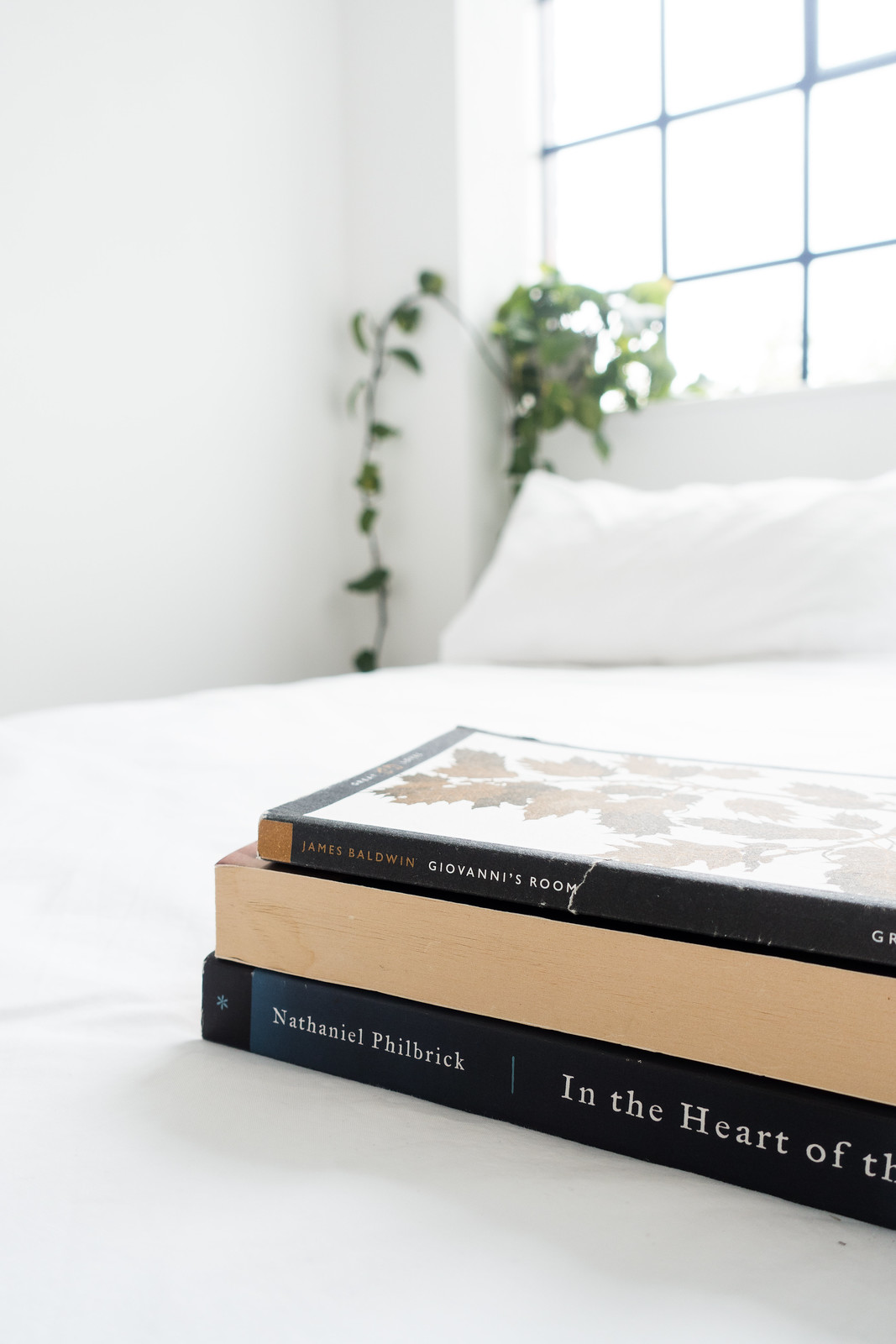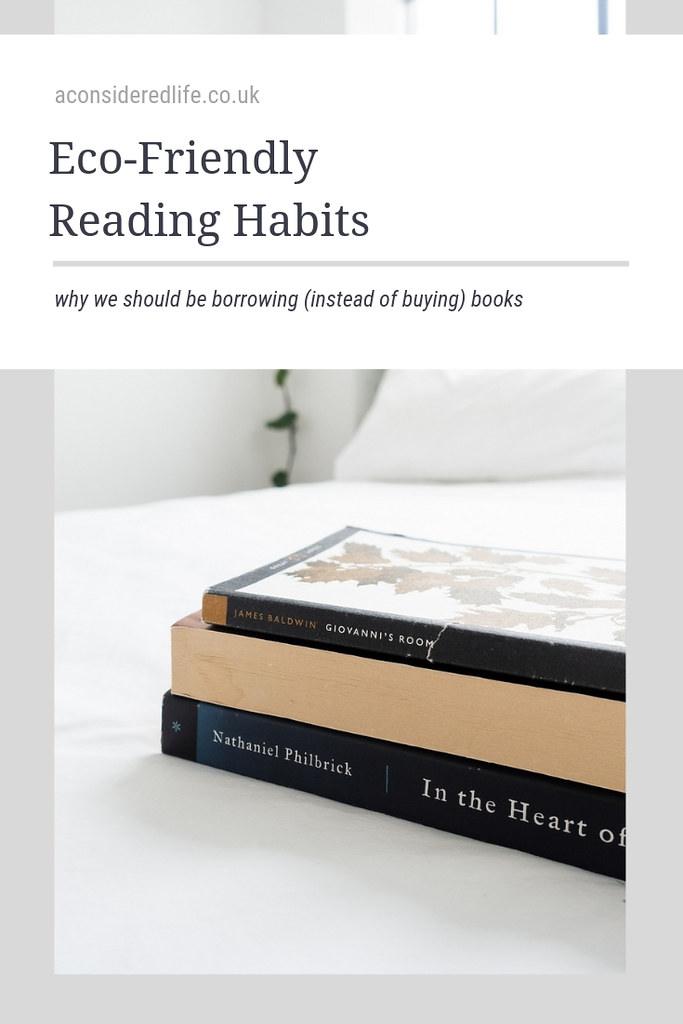
There seems to be a great divide between those who love paperbacks and those who prefer eBooks. When I asked on Instagram Stories what you prefer reading, traditional books were overwhelmingly the more popular choice. No real surprises there!
The pages of a book contains a lot of nostalgia and familiarity. I think we all have fond memories of flipping through books, the smell of the old pages, and the stories they contain. It’s easy to become sentimental about the books we’ve read and their presence on our shelves, and the ones we dream of owning. eReaders, however, are modern tools of convenience. An entire library can be stored on a single lightweight device that can be taken anywhere and everywhere without being a burden in either weight or storage.
When I downsized to a tiny apartment I donated the large majority of my books to save on space and it completely changed my reading habits. I love reading both paperbacks and my Kobo, switching between them helps me to maintain a momentum with my reading. Having an eReader is useful for traveling; a single gadget that can hold thousands of books is priceless in terms of convenience. Paperbacks, however, are comforting and familiar yet take up a lot of space - if you choose to own them.
Bookshelves crammed full of (mostly unread) books is at odds with the minimalist lifestyle and arguably the zero waste lifestyle too. There’s an environmental impact when we buy books, whether that’s in paperback form or an eBook. Buying an eReader and upgrading before 50-100 books have been read or filling your shelves with books and never reading them is a terrible habit to fall into. It’s one of the reasons I started taking advantage of my local library; I borrow stacks of books and for a short while they take up a bit of space in my home until I return them, and not a single penny is spent.
Borrowing books creates a sharing economy that cuts down on consumption and the waste it causes. Simply put: the less we buy the better our environment is for it. Perhaps a post on how to declutter your bookshelves would be of interest? For now, here are three ways you can reduce the impact of your reading habits without limiting your reading material.
Make Use Of Your Local Library
It’s unrealistic to expect everyone to rely on their local library to source new reading material. For a start, most of them do not have the funds to stock many of the books people want to read. You can, however, make sure of your library's catalogue system to seek out and reserve the books you want to read. I always check stock ahead of time, reserve any books I want, and head down to collect them when I receive an email telling me they are ready. You might find yourself more willing to experiment with your reading material or be more motivated to finish reading what you started when time is limited, I certainly am.
Borrow From Friends and Family
Ask someone what they’ve read lately and it’s more than likely they’ll rattle off a couple of book titles and even offer to lend them to you. If you have a stack or two (or several!) of already-read or never-will-be-read books at home, offer them to the people you know in exchange for any they no longer want. Passing books between ourselves, instead of buying them brand new, limits the environmental damage we cause with our purchases - that goes for eBooks and paperbacks alike. If you find yourself short on reading material, purchase secondhand from a charity shop and drop off a few books while you’re there. Keep the circulation of books going so we can conveniently share our books between us.
Listen To Audiobooks
One of the struggles of books is finding the time to read them. If you don’t have the spare time that reading books demands, try listening to audiobooks. During commutes to work, long waits at the doctor’s office (or when friend’s are late), and while finishing off the household chores; listening to audiobooks is a really easy way to knock a few books off your reading list. You can purchase audiobooks through iTunes or subscribe to a subscription service like Audible to stream or download audiobooks. If you’d like to try before you buy, LibriVox has a catalogue of public domain audiobooks available to download for free.
Share your thoughts on borrowing or buying books.
